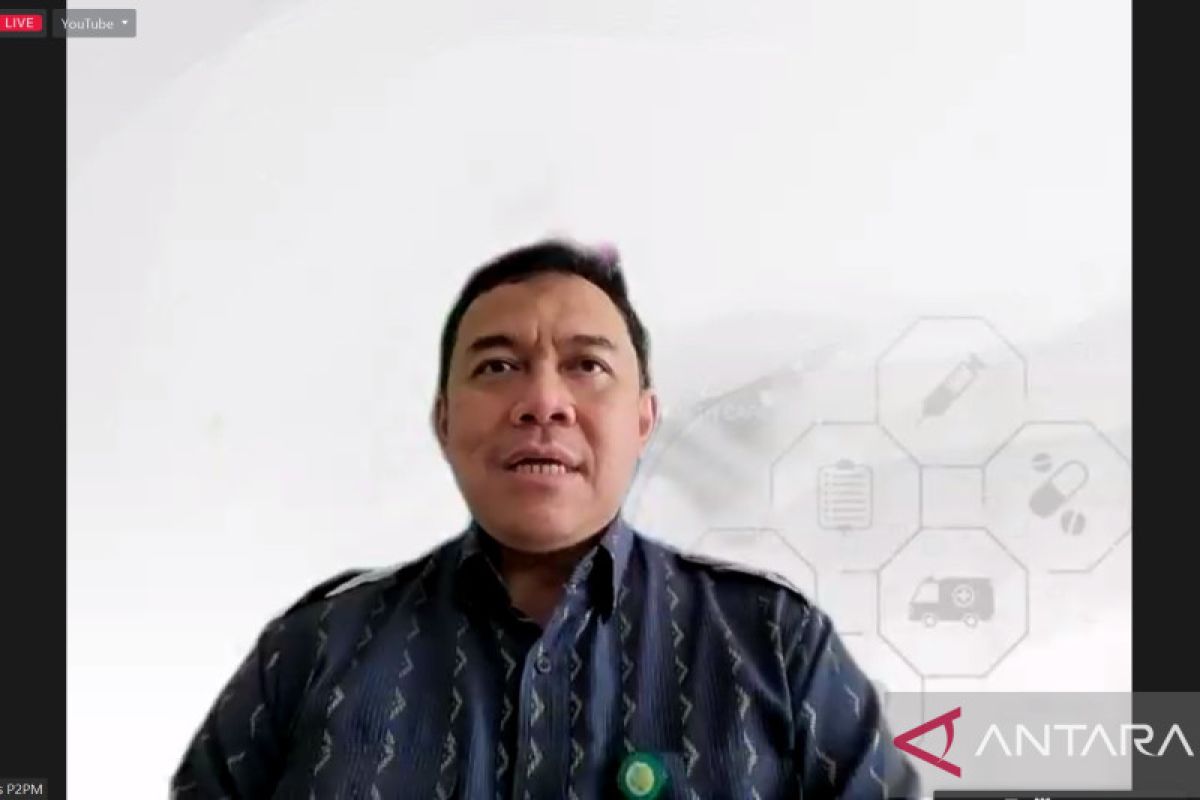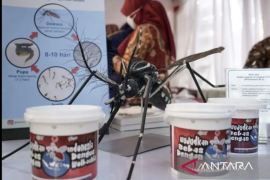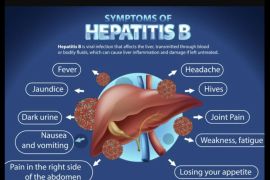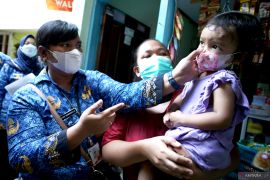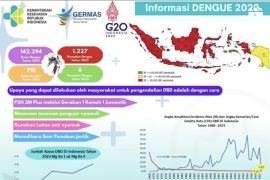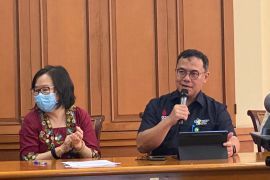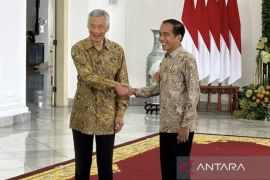"There are four health-related matters that may affect the progress of TB elimination in Indonesia," the Director of Communicable Disease Prevention and Control at the ministry, Imran Pambudi, said at a “2023 TBC Outlook Meeting” in Jakarta on Wednesday.
Based on a journal published by the Economist Intelligence Unit (EIU) regarding the “2023 Health Care Outlook,” Pambudi outlined four things that are likely to affect the handling of tuberculosis around the world, including Indonesia, specifically absolute health spending, which will decrease in 2023 due to economic turmoil amid major global challenges.
The challenge is in the form of the possibility that the world will face inflation and weakening economic growth, he said.
The worrying economic situation is likely to have an impact by reducing donations or grants from philanthropists or companies for various health activities in Indonesia.
The second thing that will affect TB handling in Indonesia is the digitization of the healthcare system, which will continue to grow, but the use of health data will be more strict and regulated by region or country. For example, in the United States, Europe, and China.
“This has begun to start, especially related to data exchange. Our health minister has requested that all health-related information systems be integrated into the SatuSehat platform," Pambudi informed.
According to him, data integration will help make data collection more efficient and secure.
The third impact is a big gap that could create access limitations and affect drug price controls, such as in the United States and India. This condition could force several major pharmaceutical companies to spur growth through deals.
"Perhaps it will also have an impact on research and development for drugs and diagnostic tools. This needs to be anticipated, especially for areas related to trials of drugs or new devices. We must pay attention to this," he said.
Meanwhile, the fourth impact would be in the form of supply chain disruptions that will continue to increase drug production costs, despite investments in more localized pharmaceutical production, Pambudi added.
Since the world is still facing the COVID-19 pandemic, it is feared that TB handling could get disrupted due to lockdowns, which would have an impact on the availability of raw materials, he noted.
Therefore, the involvement of pentahelix elements must be intensified, especially in helping utilize resources between parties, he advised.
Pambudi said that the Health Ministry is massively encouraging districts/cities to form TB-alert villages and TB-free districts/cities. The formation of multi-sector forums has also been intensified to accelerate TB elimination in a bottom-up manner.
At the end of last year, the Ministry of Health held a dialogue with the State Secretariat to produce a report regarding TB handling development that would later be presented to President Joko Widodo.
"President Widodo will only have a year and a half left in office. We must maximize his assistance to eliminate TB in Indonesia in 2030," Pambudi added.
Related news: People urged to help control tuberculosis
Related news: Ministry seeks communities' active role in tuberculosis elimination
Related news: Smokers face higher risk of developing tuberculosis: FKUI Professor
Translator: Hreeloita Dharma S, Resinta S
Editor: Sri Haryati
Copyright © ANTARA 2023
